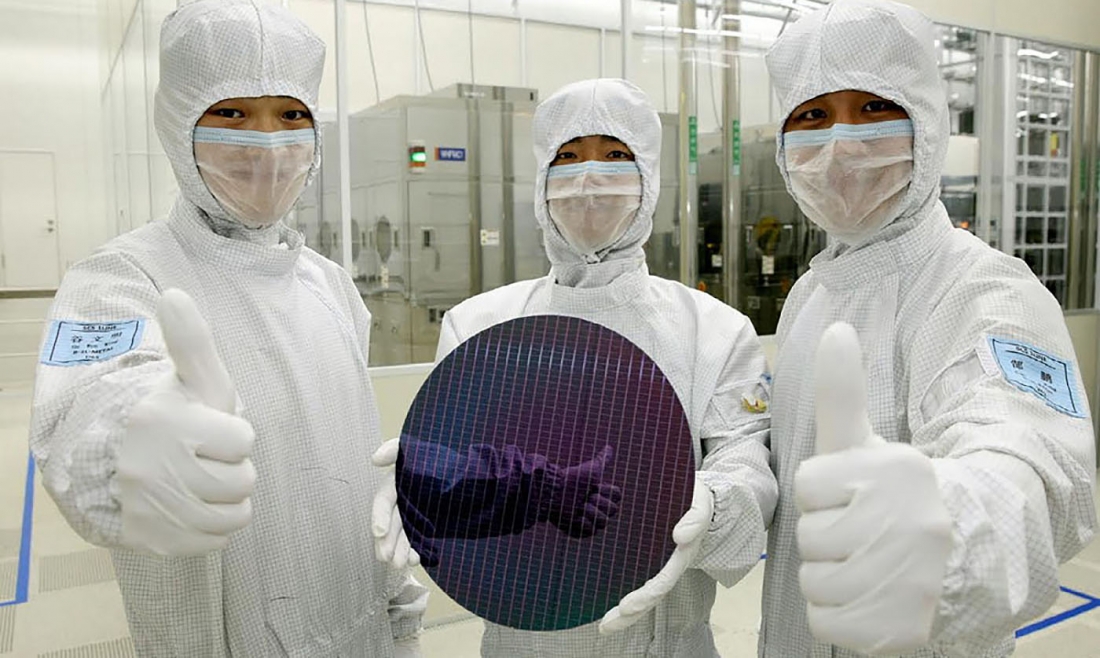
AMD got out of the chip-making business back in 2009 and although it doesn't plan on rejoining the fray, the company could certainly shake up the industry if the latest rumors surrounding the company prove accurate.
Sources familiar with the matter tell Korea's Electronic Times that AMD has recruited Samsung to help produce its silicon starting next year. AMD isn't completely ditching all of its existing manufacturing partners, however, as GlobalFoundries will stick around to help split the load. As such, Taiwan Semiconductor Manufacturing Company (TSMC) doesn't appear to be in AMD's future.
Samsung and GlobalFoundries will reportedly begin mass production of AMD's next GPU, codenamed Greenland, in the second quarter of 2016 using a 14-nanometer FinFET LPP (Low Power Plus) manufacturing process. Production of AMD's Zen CPU will begin shortly after, we're told, and if some rumors are to be believed, 10-namometer chips could arrive as early as 2017.
The reason for the change (from TSMC to Samsung) reportedly has to do with the former having trouble with yields. If that is the case and if AMD has a specific launch date in mind, it likely decided the risk was too great.
As always, it's worth reiterating that this is little more than water cooler rumor at the moment and should be taken as such.
https://www.techspot.com/news/63230-amd-hired-samsung-coproduce-next-chips.html
